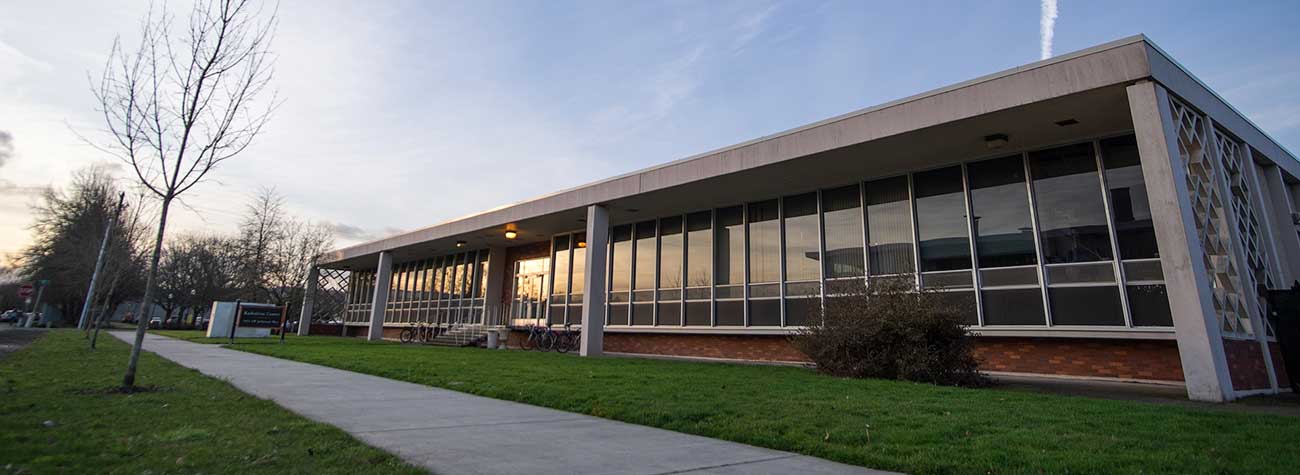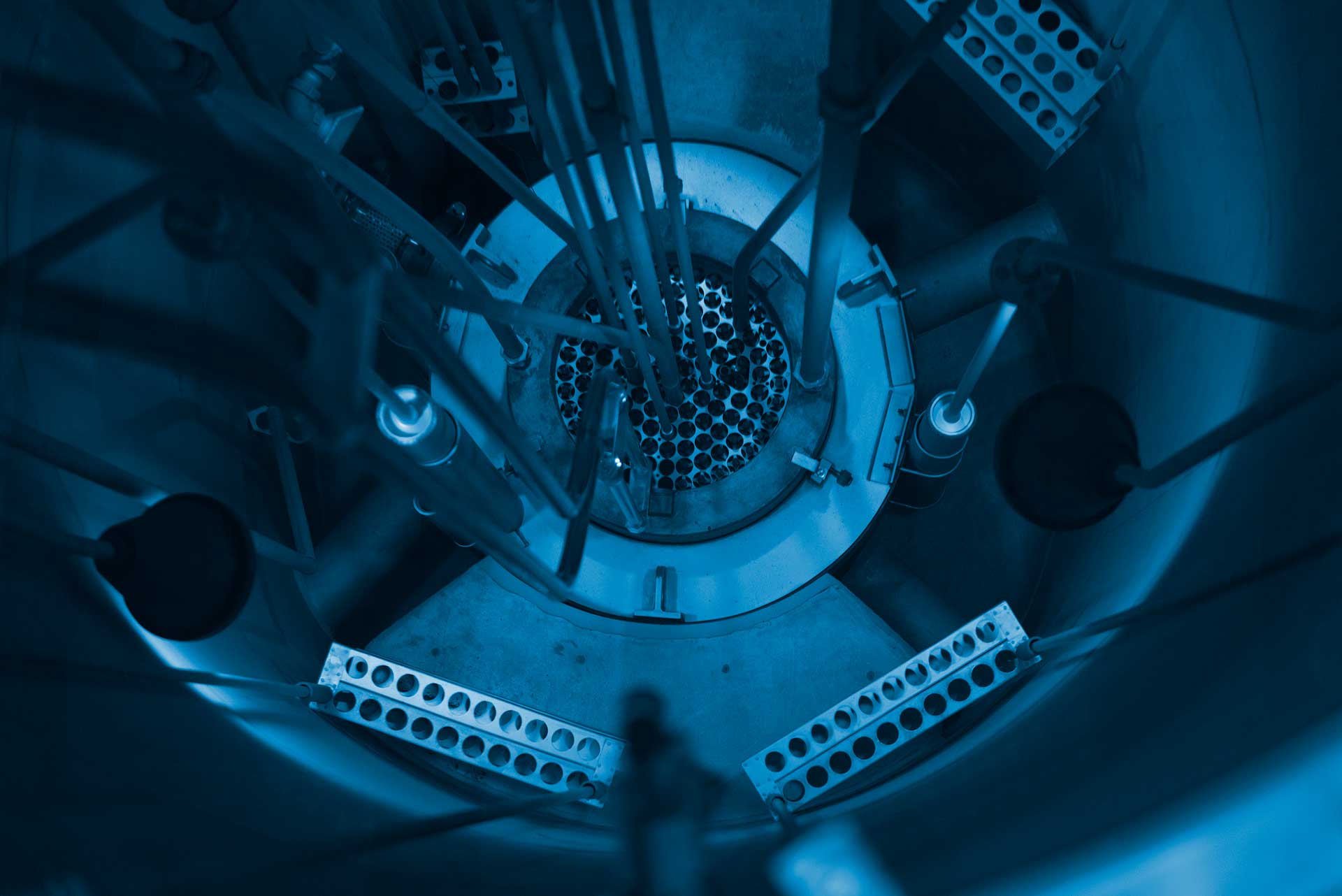Nuclear Engineering
Creating a safer, more sustainable future

World-renowned faculty, world-class facilities
Nuclear engineering involves designing, developing, and managing systems that harness nuclear energy, including nuclear reactors, medical treatments, and industrial applications.
Our eminent researchers conduct groundbreaking work in a number of high-profile research areas, including advanced reactor design, materials science, radiation detection, nuclear nonproliferation, and radiochemistry. They have designed and certified the first small modular reactor approved by the Nuclear Regulatory Commission, right here at Oregon State.
Nuclear engineers also play critical roles in medical imaging, cancer treatment, managing nuclear waste, and protecting people from radiation hazards.
Degree Types
Locations
Corvallis
Our Faculty
Explore our faculty's expertise and research.
Contact our industry relations team to discuss partnerships and other opportunities.
Key research areas
Our research spans numerous facets of nuclear science while considering its implications for individuals, the country, and the world.
Radiation Detection and Measurement
Applications across nuclear energy, security, safeguards, and forensics
Materials for Nuclear Engineering Applications
Developing materials for extreme environments like nuclear reactor systems
Thermal Hydraulics and Reactor Design
A broad range of topics critical to the advancement of nuclear power systems
Radiation Transport and Reactor Physics
Methods and simulations to improve nuclear related technologies
Nuclear Security and Nonproliferation
Radiation detection, nuclear fuel cycle analysis, measurement techniques for nuclear safeguards, and nuclear forensics
Nuclear and Radio-Chemistry
Exploring the intersection of nuclear chemistry, physics, and engineering
Leading Innovations in Nuclear Engineering

World-class research produces key technology breakthroughs
Whether it's new reactor designs, supercomputer simulations, or radiation safety, our researchers push the envelope in nuclear science and engineering.
- Developed world's first small modular nuclear reactor
- Pioneered passive safety systems for nuclear reactors
- Developed advanced neutron transport simulation models

Our Radiation Center is a hub of advanced research and education
In addition to the TRIGA research reactor, the Radiation Center houses a wealth of high-quality laboratories and other advanced facilities.

Using supercomputers to decipher mysteries of radiation
Todd Palmer runs software created in his lab on ultra-high-speed computers to simulate and predict neutron behavior.
Degree Types
Locations
Corvallis
Our Faculty
Explore our faculty's expertise and research.
Get in Touch
Partnerships
Contact our industry relations team to discuss partnerships and other opportunities.


